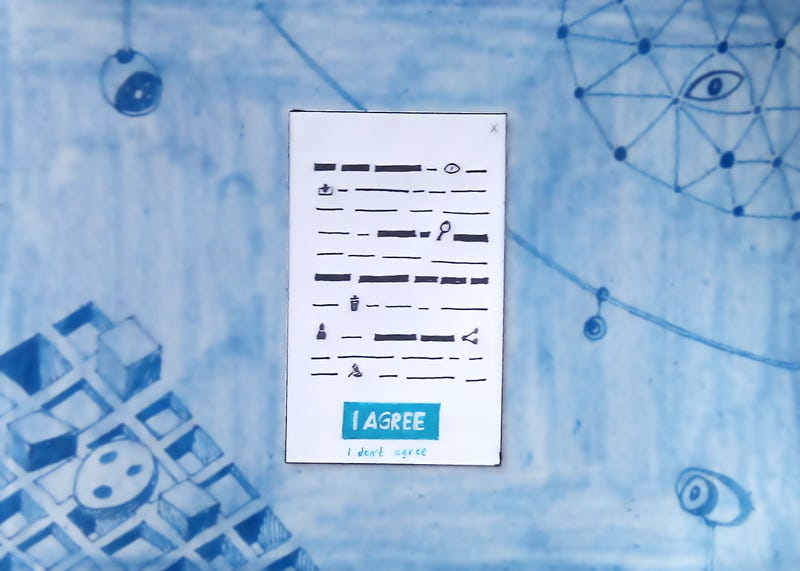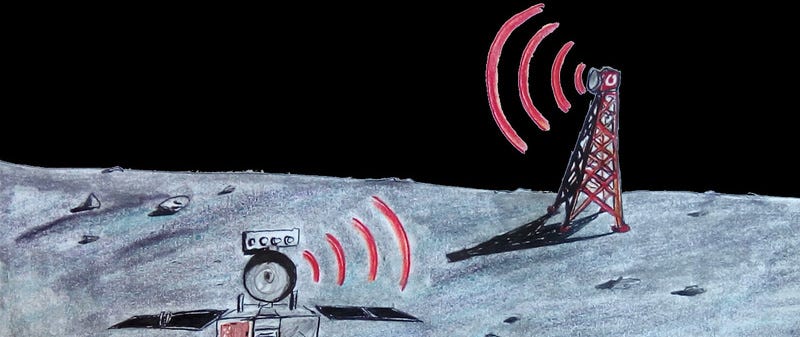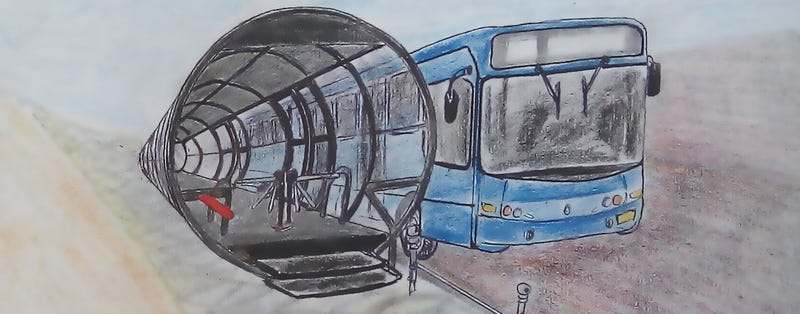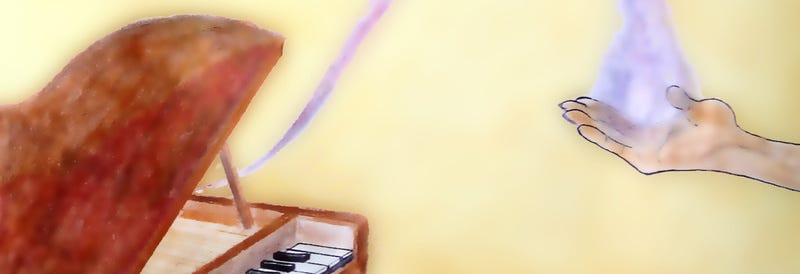
Hello, Snipette readers.
We are now officially one year old!
While we published our first article in February of 2017, the magazine in its current iteration of Understandability, Perspective, and Fun only came into being in June. Since, we’ve published over sixty stories on a variety of topics, from environmental issues to electric vehicles, from privacy to predators, and from viruses to the Volkswagen scandal.
However, we recently realised that while most of the stories we published were science or information based, it wasn’t very easy for readers to explore the topic further. And that’s why, for the last month or so, we’ve been simultaneously publishing a short bibliography, of links and references we used while researching the article, along with the article itself.
No more Quarterlies, sign up for email alerts instead
As we added our bibliographies, we’ve also decided to remove the Quarterly Reviews. Not everyone would be interested in getting a digest of our articles every so often, and we don’t want to spam people with them.
Instead, those who want to can sign up for our weekly alerts, to be notified by email whenever a new post is published. This quarterly review is going to be the last one.

This philosophy is similar to that of the GDPR, that new Privacy Policy for all of Europe. No more using data for purposes you didn’t intend. Though limited to European citizens, the GDPR has repercussions for Internet services all across the planet.


And what about other planets? To answer that question, we’d have to first ask if Internet is even possible on other planets. (And what is a “planet”? That’s an interesting discussion too).
An Interplanetary Internet isn’t just for astronauts to load YouTube. It’ll help design spacecraft that can be easily controlled. Right now, they have to write custom software from scratch each time. That means there’s a lot of potential for typos — which, as you’ll learn through cartoons, come in different varieties.


Of course, not everyone is interested in travelling to space. Some just want to go around on Earth — including trees, though their way of travelling is a bit different from what you’re used to.


On the human side, many people travel in cars. Unfortunately, that causes a lot of pollution. Some countries made laws to ban over-polluting cars, but some companies worked to beat them: most notably, Volkswagen, which cheated on emissions tests. They did it by making their cars feel self-conscious.
A better solution may be the one of Curitiba. The buses were made so efficient, everyone wanted to use them. Buses carry more than cars. So that meant less vehicles on the road, and less chemicals like carbon-dioxide going into the atmosphere.


Carbon-dioxide is a hot topic nowadays. That’s mainly because it’s making the Earth hotter. What you may not know is that it’ll also, indirectly but eventually, make the Earth much, much cooler.
Yes, carbon-dioxide is a big issue these days. But ten thousand years ago, creatures were battling another kind of atmospheric gas: oxygen. And they came up with some interesting solutions.

As part of the oxygen battle, some bacteria hid inside people like you. In fact, more than half of your cells — the little creatures that make up your body — are not human.


As you know, bacteria can be good or bad. As you (possibly) don’t know, you can get rid of some of the bad ones by making them fall ill themselves.
While you’re getting cured, you may like to relax with some music. Or, you can read about how music is saved, and why it’s so easy to download. (Fun fact: MP3 designed for human ears alone).


You can also read about why your eyes glaze over when they are relaxed. They can also be relaxed by looking at a far-away thing like the sky — which, despite what people will tell you, is mostly purple.

Speaking of looking at faraway things, we’re looking forward to the next great year we’ll have here at Snipette. We hope you continue to enjoy our publication as much as we do!
— Manasa and Badri, editors at Snipette


Ready to read? If you’re done with all the articles linked in this letter, you can dig into the archives find some more.
Ready to write? New or aspiring writers, check out our Writers’ Programme, where we guide you through the process of making a Snipette article. And here are the submission guidelines for those who already have an article ready.
Ready to connect? We’re always happy to receive feedback. So do write about, comment, and share our articles. You can also follow us on social media, at Facebook, Twitter, Google+, and Friendica.